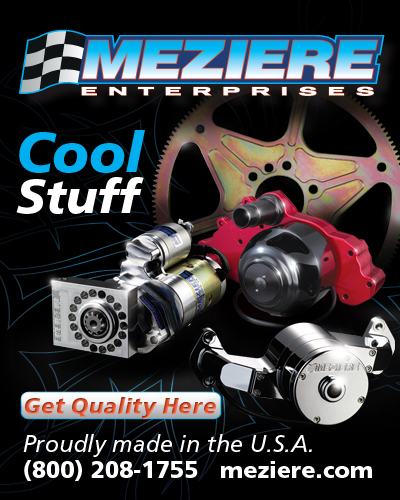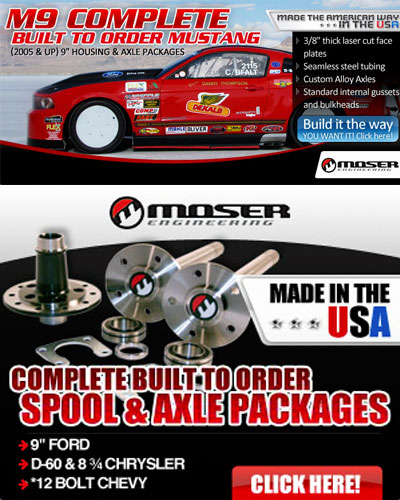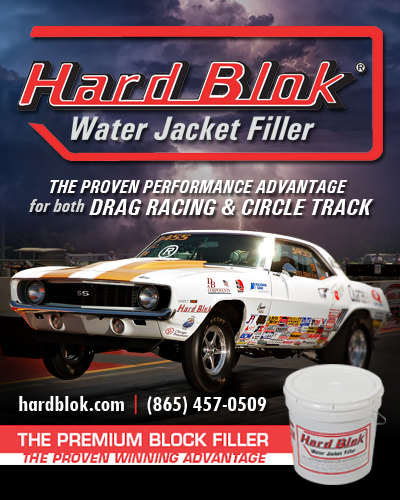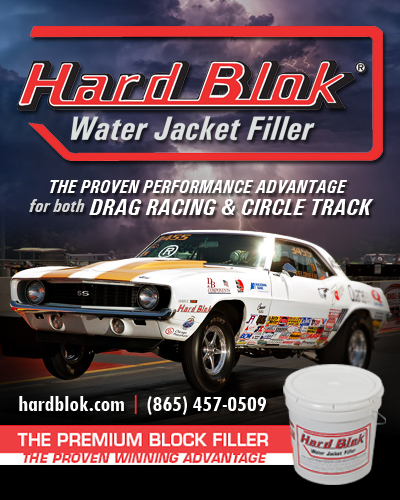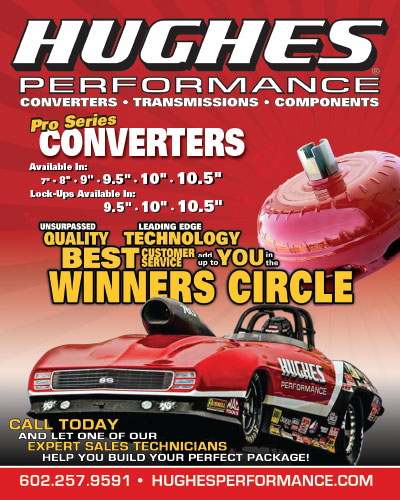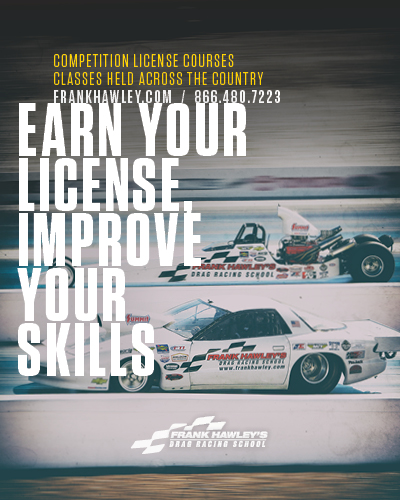MICHAEL KNIGHT: NHRA SHOULD STILL REACH OUT AND TOUCH SOMEONE
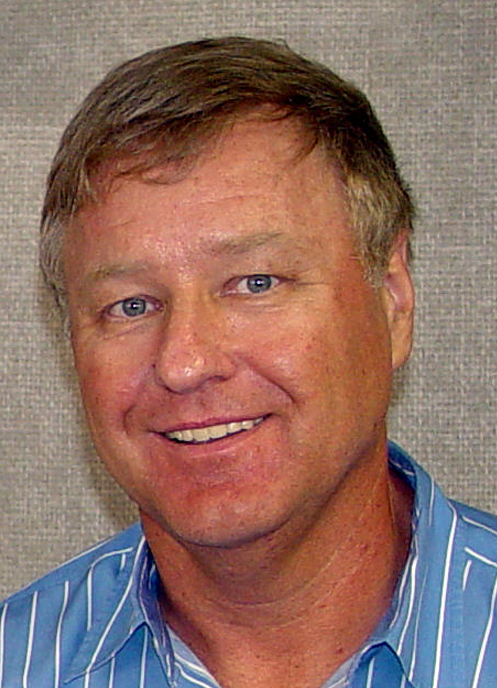
Ray Bradbury, to the best of my knowledge, wasn’t into motorsports. But the death last month of this true genius of the science fiction genre got me thinking about drag racing.
Specifically, the way NHRA is -- and isn’t -- telling it’s own often-amazing tale.
Bradbury, 91, was perhaps best known for his classic The Martian Chronicles, published in 1950 -- just one year before Wally Parks founded NHRA. I find that timing an appropriate coincidence since hot-rodders of that day probably would have thought 325 mph runs at 1,000 feet a fantasy from the far side of the moon.
Bradbury’s writings foreshadowed, in part, the reality of our modern communications tools and choices. Not only that, but also the consequences they would bring to our society, and even to our humanity. As the New York Times’ observed: “In the drive to make their lives smart and efficient, humans, he feared, had lost touch with their souls.” The obit included this Bradbury quote: "We've got to dumb America up again."

Ray Bradbury, to the best of my knowledge, wasn’t into motorsports. But the death last month of this true genius of the science fiction genre got me thinking about drag racing.
Specifically, the way NHRA is -- and isn’t -- telling it’s own often-amazing tale.
Bradbury, 91, was perhaps best known for his classic The Martian Chronicles, published in 1950 -- just one year before Wally Parks founded NHRA. I find that timing an appropriate coincidence since hot-rodders of that day probably would have thought 325 mph runs at 1,000 feet a fantasy from the far side of the moon.
Bradbury’s writings foreshadowed, in part, the reality of our modern communications tools and choices. Not only that, but also the consequences they would bring to our society, and even to our humanity. As the New York Times’ observed: “In the drive to make their lives smart and efficient, humans, he feared, had lost touch with their souls.” The obit included this Bradbury quote: "We've got to dumb America up again."
Despite his futuristic visionings, Bradbury wrote not on a computer, but a typewriter. And that leads me to this: NHRA’s storytellers need to get using another old-fashioned contraption -- the telephone.
Through the first six months of this year, I’ve had exactly ONE actual phone call from the sanctioning organization’s PR department. As best I can recall, there haven’t been more than six in the last three years.
Yes, I know, it’s become an E-mail/Instant Message/Text Message/Twitter/Facebook world. I know lots of fans -- and marketers -- love it. I get the value and convenience factor, especially for routine communications. I certainly use Es for almost all not personal/not urgent matters. The technology is ever-evolving and there is no such thing as reverse gear as to its use.
But, in embracing electronic communications almost exclusively, NHRA has lost at least a little something of its soul. Parks built the straight-line sport and business in large part with his personal touch. I well and fondly recall the first time I met him. Linda Vaughn introduced us at Englishtown in the mid-1970s as I was then a Philadelphia Daily News sportswriter. Wally’s smile, handshake and first word to me -- “Welcome” -- remain memorable.
That’s the point. No E-mail, no IM, no Text, no social media writing will EVER replace the sound and tone of the human voice, a handshake, a look in the eye, an expressive face-to-face meeting, an actual conversation, a kind pat on the back. Those things stir our insides -- convey caring -- in a way not possible via laptop, iPad or BlackBerry.
We all agree drag racing is a spectacle that rocks one’s physical senses -- the roar, the colors, the motion, the feel, the thrill in Bob Frey’s voice or the disappointment heard from a losing racer interviewed by Alan Reinart. The sport’s story must be told in that fashion from a publicity, sales and promotional standpoint.
That’s how the sanction, its teams, sponsors and tracks, need to outreach to the media in the never-ending road that is the journey to get the Full Throttle series the national attention it deserves. For the record: I also deal with NASCAR and IndyCar and they DO call. Not as often as they should, in my opinion, but it does happen.
That’s an essential method in establishing and maintaining positive, long-term, mutually-respectful and credible business relationships. I’d also like to think it’s plain-old common sense and good manners, but . . .
It’s quite something what can be learned conversing as opposed to E-mailing. I’m quite certain a lot of NHRAers would find out things they should have known previously about people they are paid to work with had they bothered to make that all-important one-on-one connection.
Talking is also the right way to convince companies to spend their marketing money at the strip. And in striving to reinforce the existing enthusiast core and ignite the passions of the next generation.
How about NHRA organizing a Town Hall meeting with fans at a few national events? What about drivers calling some potential customers in advance of races to thank them for their past support and to remind them NHRA is returning to town? (Hint: Some stick-and-ball teams are having their players do just that to sell season tickets.) Is it really too much to expect a new PR rep to ring-up reporters to introduce him/herself or for veteran ones just to touch base? Could Tom Compton find an hour each week to phone journalists simply to say thanks for the coverage or randomly selected fans simply to say thanks for their interest?
In other words, how about trying the human touch?
I don’t see why that approach can’t be fact instead of fiction.
If there’s something that worries me more than the economy, it’s this:
It seems the hashtag has become more important than hello. That’s troubling. That’s wrong.
I think Ray Bradbury would agree.





















